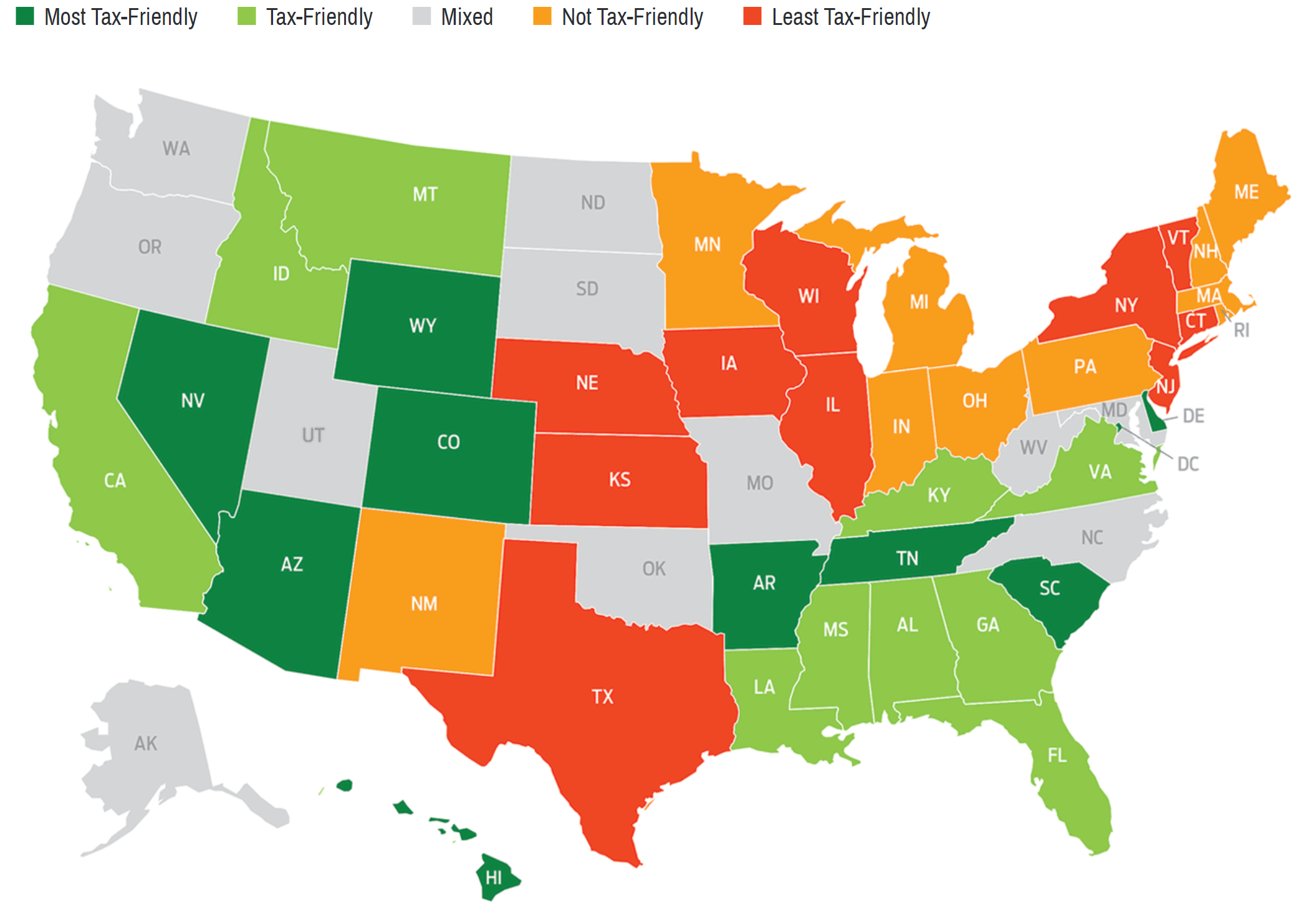A private school in Wichita, Kansas, which primarily serves African American students, was recently awarded $500,000 as one of the finalists for the prestigious Yass Prize.
Urban Preparatory Academy — a private, tuition-based, K-8 school that serves all students regardless of the family’s socioeconomic status or their past performance — was started by Pastor Wade Moore in 2014 as an extension of the church, Christian Faith Centre, that he and his family founded in the basement of their home some 20 years ago.
Moore said they founded the school because parents were coming to him with children who were struggling in school — or simply being given social promotions.
“You know, one dad had twins in the sixth grade, and he said, ‘they know my kid can’t read, here he is in the sixth grade and can’t read on a first- or second-grade level,'” Moore said.
The school started with eight students and grew to a total of 13 by the end of the first year.
While anyone is welcome to attend, the school is about 90% African American and primarily serves low-income families. The school now boasts 125 students.
“We don’t limit it to anybody, for the majority it is … low income families that were…they felt like they didn’t have a choice in their child’s educational journey, and they were stuck, right?” Moore said. “You know, what can we do? And there was no choice.
“I mean, they couldn’t afford a Trinity Academy, right, or Independent or Collegiate. Or, you know, some of the other Christian schools, so they come to us. And what we’ve done since then is help them navigate those systems and show them scholarship opportunities.”
Moore said that a new student who comes to his school is immediately tested — not for acceptance, but for academic level.
“And so then, we began to work with that student, like an individualized plan, so we know where that kid is,” Moore said. “And we test all of our students every month to see if they are losing any gains, if they’re staying the same, or if they’re gaining. So we’ve tested, we have diagnostics, and we have that data on every student every month. And you know, if we see a student who slipped this month, well, we work more with that student. What can we do to get them back up?
“And so we always know where they are academically. We even do a weekly progress report where the parents know week by week where their kids are. So you don’t hear at, like, nine weeks that your kid is failing, right? We do a lot of intervention to prevent them from failing.”
Moore stressed that a culture of accountability is central to the success of his students.
“Accountability, getting parents involved, letting parents know where their kids are in their educational journey, making sure the kids know where they are in their educational journey,” Moore said. “One of the things that I talk to our kids about is, ‘how many y’all took state assessments when you were in public (school)?’ Of course, all the hands go up.
“‘Did anybody ever go over the data with you and show you what was going on?’ Nobody can remember that stuff, right? So they just take the test and, and if our kids don’t know where they are, how are they going to know if they’re passing or failing” They don’t know what they need to improve.”
The long process of applying for the prize
Moore said he’d begun the application for the Yass Prize — the ultimate winner of which was awarded $1 million — but lacking a grant writer, he put it on the back-burner.
“I thought, man, this thing is just, it’s too big,” Moore said. “I don’t have a grant writer, I don’t have the time that will be involved in it. You know, I’ll learn about it. And I’ll do it next year.”
Moore said he’d gone back to it a few times and began putting in the required information, but he just felt like it was entirely too big for them and would take too much time.
“I got to the place where they started asking all the questions, and I’m like, ‘I don’t have time for this, I’m just gonna forget about this,” he said. “But it automatically saves the information in the system. And I guess they check from time to time. And they saw that my application was incomplete. And so, of course, they want to clean the system up. And the lady says, `I encourage you to complete your application.'”
Moore said he effectively locked himself in his office at that point and banged out the application.
Much to his surprise, Urban Prep made the initial cut from over 2,000 applicants from 49 states to the initial round of 64, then the round of 32, and eventually — after trips to several places where coaches helped him refine his application and his pitch — to the final round of 8.
Part of the pitch is what the school will do with the money, and in Urban Prep’s case, the school will be expanding to include high school, replacing outdated technology, and improving its transportation system.
What is the Yass Prize?
The Yass Prize is defined by four core principles that have the power to drive educational change for every child — STOP for Education:
The work must be Sustainable over time, meaning it can be funded independently without continual philanthropy by utilizing public programs that fund the entity where students are learning, regardless of sector.
The effort must be Transformational with innovative new approaches that employ 21st-century knowledge and technologies, changing the way students are educated and rich in content that is relevant and impactful across all communities.
Programs must be Outstanding or demonstrably successful by every measure that matters. We know what success looks like from the demand of parents for better options for their children.
The work requires no permission — Permissionless — and is free to exist and thrive without dependence on regulatory bodies whose rules are often at odds with parent demands and student needs.
In August of 2021, the STOP Award to Transform Education was established to honor and advance the work of education providers who delivered a best-in-class experience during the Covid pandemic. It is now called the Yass Prize for Sustainable, Transformational, Outstanding, and Permissionless education and celebrates the nation’s best education providers.
The top $1 Million Yass Prize celebrates the country’s education provider that best demonstrates the STOP principles. Last year’s winner was Arizona Autism Charter Schools in Phoenix. In conjunction with The Yass Prize, the STOP Awards initiative provides over $16 million in support annually to honor educators who achieve and deliver for underserved children through the STOP principles.




